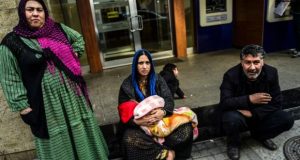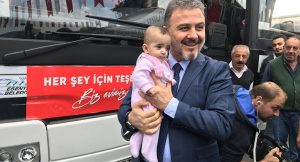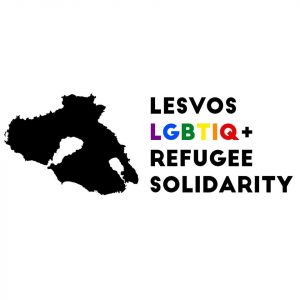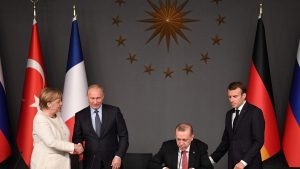Tensions mount as displaced migrants experience attacks and difficulty finding work

Via The Irish Times
Turkey is home to more displaced Syrians than any other country, but growing intercommunal violence between refugees and their hosts is straining relations.
This article was originally published by the Irish Times




![Refugee camps flooded, six dead as heavy rains hit Lebanon, Turkey [Twitter]](https://i1.wp.com/www.middleeastmonitor.com/wp-content/uploads/2018/10/2018_10-26-Refugee-camps-flooded-six-dead-as-heavy-rains-hit-Lebanon-Turkey-8.jpg?resize=1200%2C800&quality=75&strip=all&ssl=1)